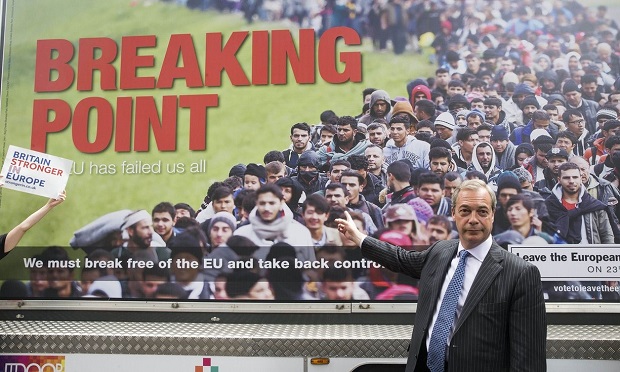
Last week, voters in the United Kingdom voted to leave the European Union. The referendum, commonly referred to as “Brexit” (Britain Exit), garnered a voter turnout of nearly 72 percent (the highest since UK’s 1992 general election). Many attributed the Brexit referendum and high turnout to increases in the migrant population and rise in xenophobic, racist rhetoric among conservative party leaders.
Fifty-two percent of voters voted for leaving the European Union. A third of those voters attributed their decision to vote for Brexit to immigration concerns.
If you look at the data even closer, you’ll also find stark differences between how the young, highly educated, and older, less educated populations voted.
In sum, younger generations were lesser likely to support Brexit, compared to older generations. In addition, voters whose highest level of education was a high school diploma were more likely to support Brexit than voters with post-secondary degrees. I think the gap is telling. An exit from the European Union has long term implications, and could potentially impact the UK for generations to come. There is irony in the fact that this decision was made mostly by those who’d be least impacted by those future implications (older Britons).
We take an even deeper dive into immigration across the globe and the implications of Brexit, immigration policy, and xenophobic rhetoric on D&I work in the updated edition of The Global D&I Tipping Point.



















I find these statystics sad and disturbing. And the recent terrorist attacks… I wonder what’s going on with the world nowadays?! Where are we going? Are we going somewhere else than directly to a deadend?…